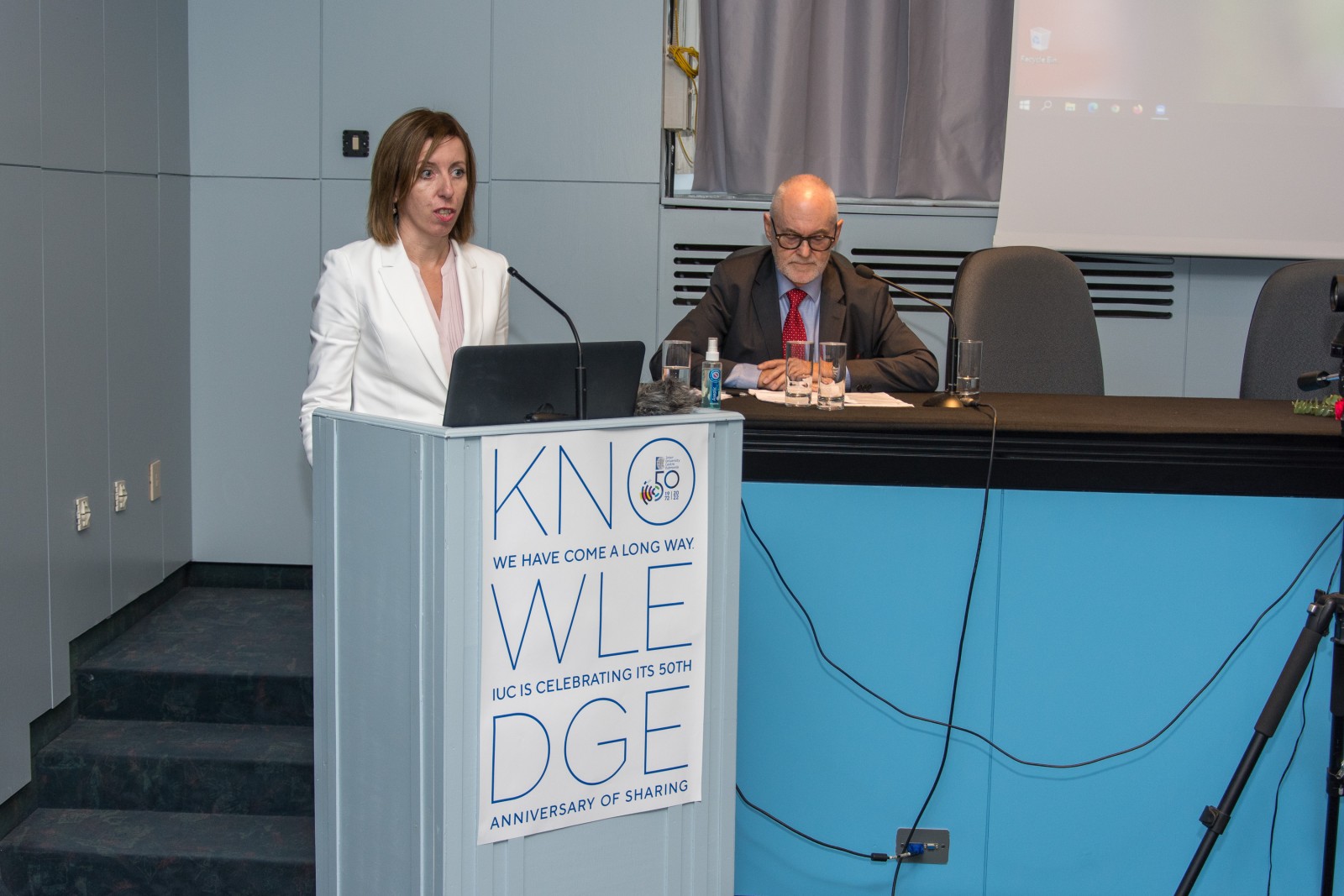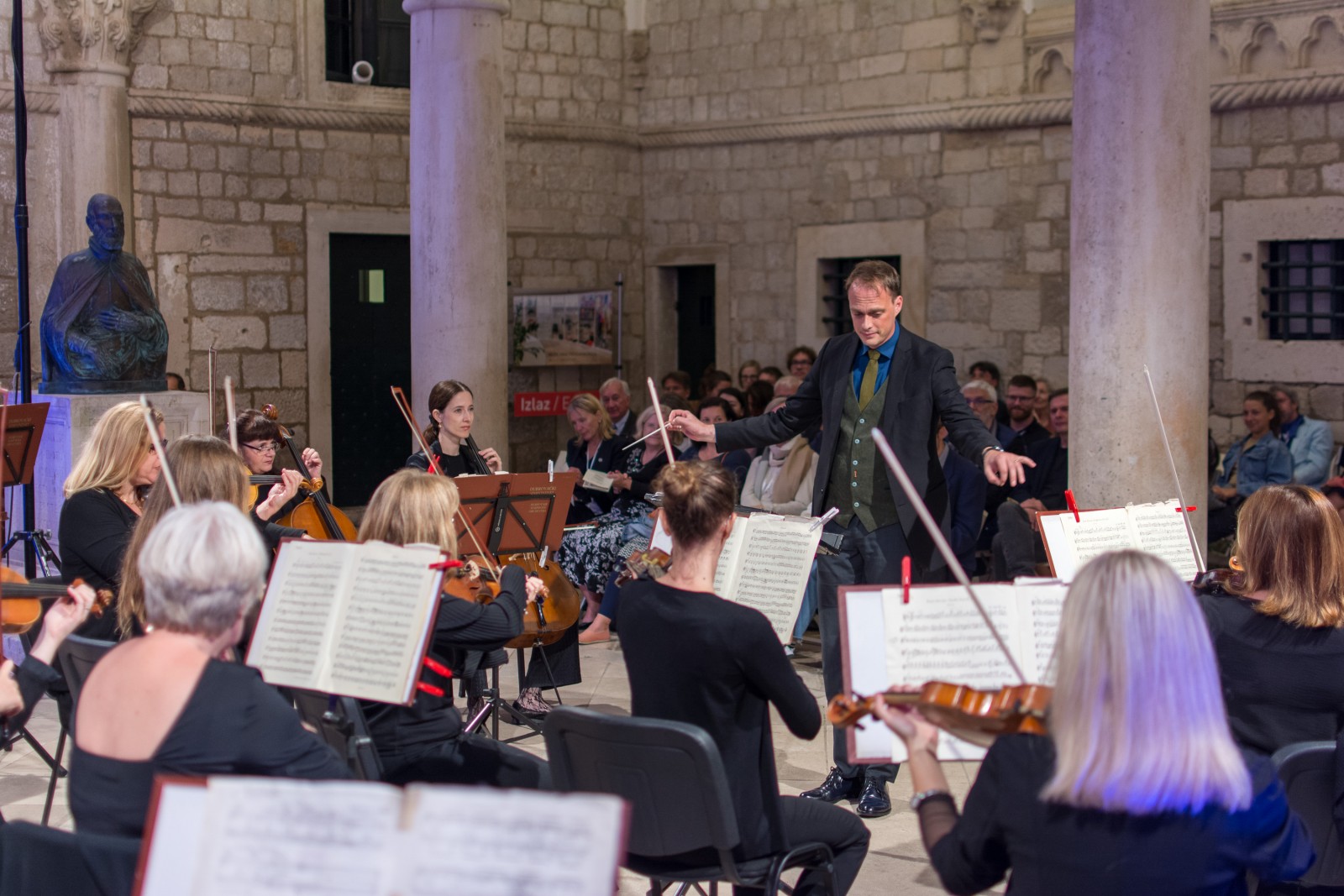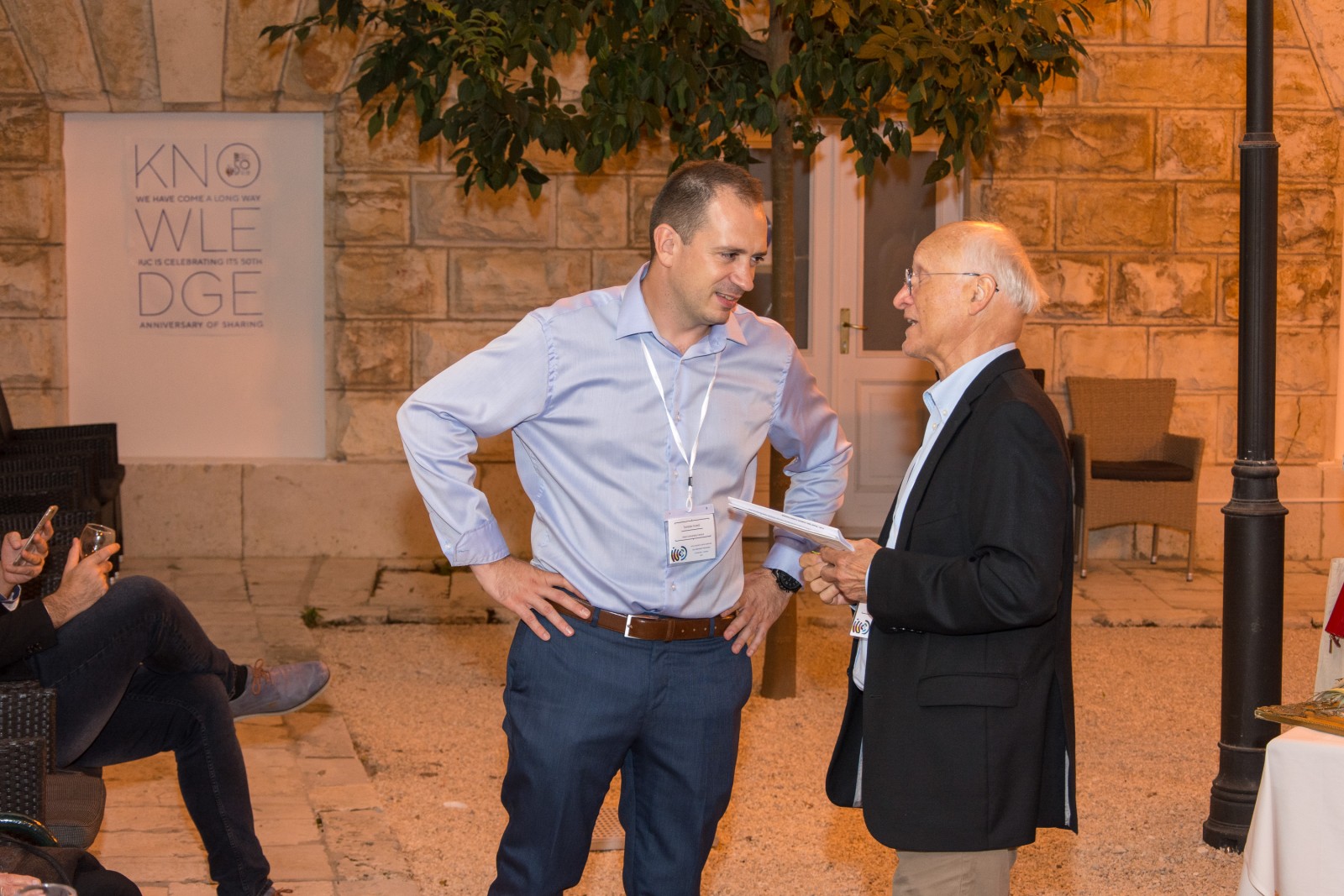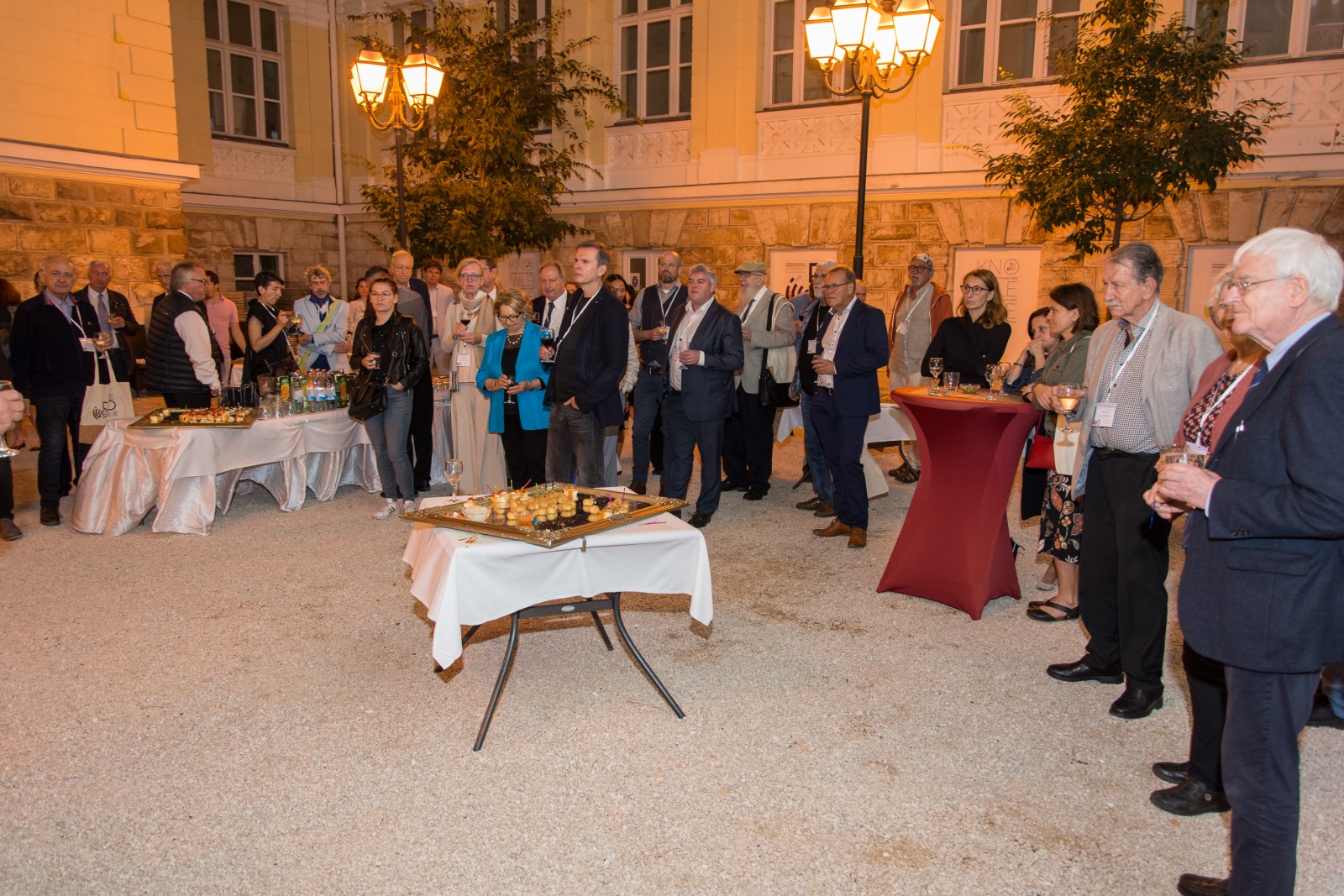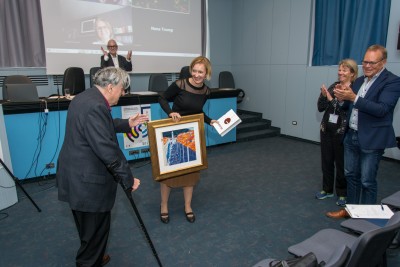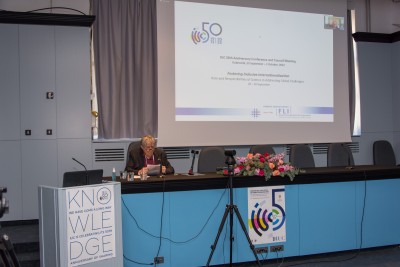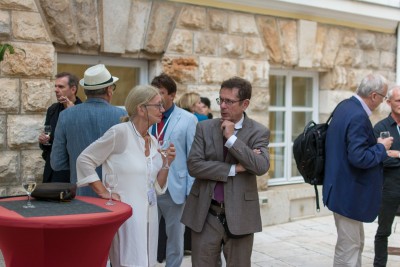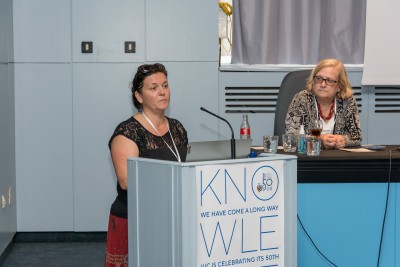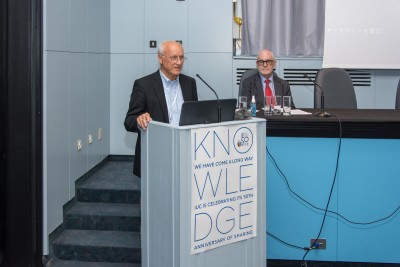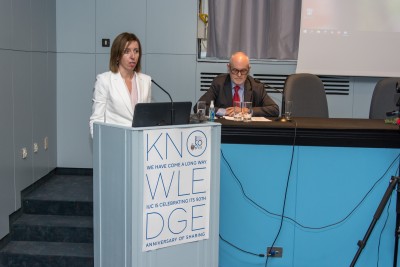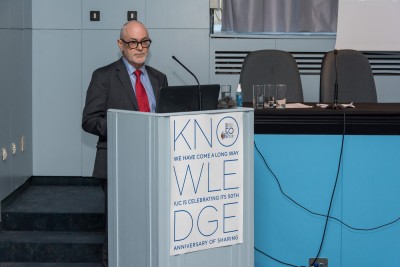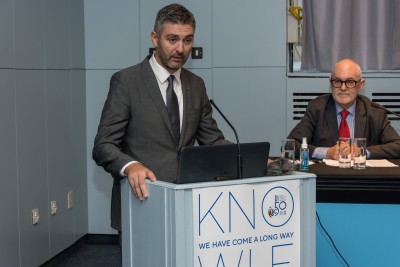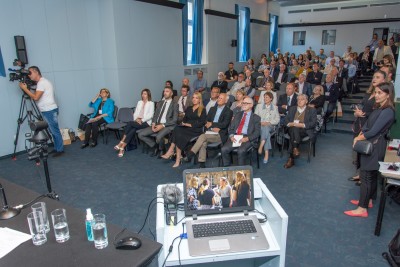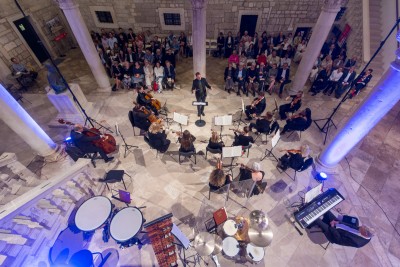IUC 50th Anniversary Conference and Council Meeting
Dubrovnik, 29 September – 1 October 2022
Fostering Inclusive Internationalization
Role and Responsibilities of Science in Addressing Global Challenges
29 – 30 September
Under the high auspices of the President of Croatia Mr. Zoran Milanović
Theme:
The crisis that we face, from climate change and migration to Covid-19, all demonstrate the need for open and inclusive scientific internationalization. Collaboration and communication between researchers as well as between research institutes and universities is needed on a global scale. It is not only needed within the scientific community but also between the scientific community and other spheres of society on different levels: from governments and international NGOs to the public and private sector as a whole. Joint collaborative efforts are needed to fight the pandemic, to fight climate change, as well as for finding solutions to deal with the effects and consequences of these crises.
At the same time, we experience that internationalization is not inclusive at all. Economic interests or rationalities determine to a large extent who is in and who is out. Sometimes directly, as is demonstrated for instance by the uneven distributions of vaccines across the globe. Sometimes indirectly, as is visible for instance in the patterns of cooperation between universities where international alliances with the highest-ranking partner universities or with countries with the best-paying students remain dominant. As a consequence, countries with less high-ranked institutes and students with little financial means are excluded from internationalization. And yet, all countries need new generations of researchers and of academically trained professionals that are able to collaborate in an international environment; that are able to address global challenges and to make meaningful steps in realizing the Sustainable Development Goals.
What roles and responsibilities does the academic community have, universities, research institutes, and higher education in general, to foster inclusive internationalization? What barriers are there for open international scientific cooperation and for fulfilling these responsibilities? How can we organize international scientific cooperation in such a way that we can overcome barriers and fulfil these responsibilities? And how does that show in different societal spheres, sectors, or in relation to specific topics?
These and other questions we will address in a two-day conference on the occasion of the 50th anniversary of the Inter-University Centre Dubrovnik.
The topic of the conference is directly related to the history and mission of the IUC as an independent center for advanced study. Since its foundation in 1972, the IUC serves as a bridge between regions within Europe and between the European region and the world by connecting scientific communities and connecting communities through science.
Please download here CALL FOR CONTRIBUTIONS and take part in our anniversary conference!
Accommodation options can be found here.
Please fill out the registration form.
Final programme
Thursday, September 29, 2022
17.00 – Opening of the conference
- Welcome and opening of the conference by Prof. Dr. Sigmund Grønmo, Chair of the IUC Council
- Messages from the founders of the IUC – Prof. Dr. Ørjar Øyen, Dr. Peter Fischer Appelt, Ms. Berta Dragičević
- Address by Ms. Ana Čeović, Acting Head of the Department of Education, Culture, and Sports of Dubrovnik-Neretva County
- Address by Mr. Mato Franković, Mayor of Dubrovnik, member of the Croatian parliament
- Address by the Envoy of the President, Ms. Jadranka Žarković, Adviser to the President of the Republic for Education
18.00 – Start of the conference
- Introduction to the conference program by Prof. Dr. Wieger Bakker, Deputy Director General of the IUC, Utrecht University.
- Public opening lecture by Prof. Dr. Ksenija Turković
Facing Global Challenges by Promoting Human Dignity and Respect for the Rule of Law through Education and Science
Ksenija Turković is prof. of law at the University of Zagreb and former Judge and Vice-president of the European Court of Human Rights. She holds an LL.M. and a J.S.D. from Yale Law School and her main field of research are human rights law, criminal law, criminology, victimology, medical law and ethics. She published textbooks, books, law commentary and papers in international and domestic journals. She presided over a committee that drafted a current Croatian Penal Code and was a Vice-Chair of the Committee that drafted Council of Europe Convention on the Protection of Children against Sexual Violence and Exploitation and Guidelines of the Committee of Ministers of the Council of Europe for Child Friendly Justice. She is an IUC course director and former Vice-Chair of the IUC Executive Committee.
19.00 – Welcoming reception at the IUC
21.00 – Rector’s Palace: Cultural program supported by the City of Dubrovnik, Dubrovnik Symphony Orchestra
Friday, September 30, 2022
9.15 – 10.30 Welcome opening and morning keynotes
Moderator: Prof. Dr. Krunoslav Pisk, Director General of the IUC
9.30 - Keynote 1: Prof. Dr. Thomas C. Mettenleiter
Bio-medical perspectives on the pandemic
Thomas Mettenleiter is President of the Friedrich-Loeffler-Institut (FLI), Federal Research Institute for Animal Health on the Isle of Riems. His main field of research are virus infections and the development of novel vaccines using molecular technology. His scientific record contains more than 450 peer-reviewed publications and he supervised more than 100 young scientists. He is a member of the German National Academy of Sciences Leopoldina, the Academy of Sciences in Hamburg, the Polish Academy of Science, and the Royal Belgian Academy of Medicine. He is co-chairing WHO One Health High-Level Expert Panel.
10.00 – Keynote 2: Dr. Nevenka Tromp Vrkić and Sir Geoffrey Nice QC
Global Justice for Beginners: Interdisciplinary Teaching for International Audience in the Globalized World
Nevenka Tromp is an associate professor of international relations and European Studies at the University of Amsterdam. She is the co-founder and Executive Director of the Geoffrey Nice Foundation on Law, History, Politics, and Society in the Context of Mass Atrocities, which supports and provides cross-national educational opportunities for students, researchers, and academics in the field of International Criminal Justice.
Sir Geoffrey Nice QC has practiced as a barrister since 1971. Most of his work is connected to cases before the permanent International Criminal Court or for victim groups whose cases cannot get to any international court. He works for several related NGO’s and lectures and commentates in the media in various countries on international war crimes issues. The objective of the foundation that bears his name is to advance a multidisciplinary understanding of International Criminal Justice delivered by courts, truth commissions and in other ways.
10.30 – Coffee break
11.15 – 12.30 Seminar sessions I
Seminar IA – Investigating inclusive practices
(Chair Prof. Dr. Lee Kendall Metcalf, Florida State University)
Professor Nikola Petković, PhD, Department of Cultural Studies, University of Rijeka,
How to Universally Affirm: ‘Web of Beliefs’ and ‘Knowledge Society’: Is Philosophy Exclusive or Excluded?!
Mgr. Monika Chrenková, Ph.D., University of Ostrava,
Participation as a Form of Cooperation – Participation Rights of Children
Seminar IB – Human security and the (post) human condition
(Chair Prof. Hans Joachim Seitz, Universitätsklinikum Hamburg )
Dr. Alberto Zucconi, Chair of the Board, World Academy of Arts and Sciences,
Human Security for all, presentation on the global advocacy initiative
Dr. Tihomir Topuzovski, Institute of Social Sciences and Humanities, Skopje,
The posthuman horizon of the pandemic crisis
12.30 – 13.30 Lunch break
13.30 – 14.30 Seminar Sessions II
Seminar IIA – Dark sides of internationalization
(Chair: Prof. Dr. Lee Kendall Metcalf, Florida State University)
Prof. Dr. Nebojša Vladisavljević, Faculty of Political Science, University of Belgrade,
Global democratic recession and democratic resistance across state borders
Dr. Ekaterina Rashkova, Utrecht University School of Governance,
When the East is in the West?: On Crossing-Borders in Publications and Research
Seminar IIB – Inclusive Education
(Chair: Prof. Wieger Bakker, Utrecht University)
Dr. Francois Lategan, Dr. I. Zdrahal and Dr. M. Mensikova, Faculty of Regional Development and International Studies, Mendel University Brno,
Towards a digitalised framework of support for staff in higher education to promote inclusive international scientific cooperation.
Dr. K.T. Rebel, M.C. Bootsma, F.W. Van Dam, A. Kirkels, V.A.J.M. Schutjens and J. Kasch. Dr. Karin Rebel is Associate professor Geo Sciences and Senior Fellow Centre for Academic Teaching Utrecht University,
Exploring Pathways towards Online Interdisciplinary and Inter-University Teaching and Learning
14.45 – Round Table: Academic Freedom Revisited
Prof. Dr. Walther Zimmerli, HU Berlin and FRIAS Freiburg i.Br. (moderator)
Dr. Wilhelm Krull, Director of The New Institute Hamburg
Dr. Kriszta Kovács, Senior Research Fellow, WZB Berlin Social Science Center
Academic freedom is increasingly under pressure. Not just openly totalitarian, but also modestly illiberal regimes are attempting to control academic life and its institutions.
Even in the most liberal of academic systems something like a „restriction of academic freedom by the backdoor“ is happening by means of selectively funding and evaluating academic activities.
The panel will critically discuss the „rise and decline“ of academic freedom and look for exemplary ways of successfully defending it.
15.30 – Break
15.45 – 17.10 Afternoon Keynotes and conclusion
Moderator: Prof. Dr. Ivan Šimonović, University of Zagreb
16.00 – Keynote 3: Prof. Dr. Gunn Elisabeth Birkelund
The Social Impact of Pandemics as a Global Challenge
Gunn Birkelund is a professor of sociology at the University of Oslo. Her research interests include analytical sociology, labour market studies, social stratification, and social cohesion. She has an extensive track record in international scientific cooperation from her many research visits at, among others, the University of Madison-Wisconsin, University of California at Berkeley, University of Oxford, and Nuffield College. She chairs the IUC Executive Committee since 2010. In 2021 she was appointed Secretary-General of the Norwegian Academy of Science and Letters.
16.30 – Keynote 4: Prof. Dr. Henk Kummeling
Universities and the Future of Inclusive International Scientific Cooperation
Henk Kummeling is a professor of Constitutional Law since 1995 at Utrecht University. As a distinguished professor (since 2015) his research focuses on institutions in new democratic constitutional states and the role of international organizations. He has a strong interest in connecting his work with universities in different parts of the world as is visible in his role as an extraordinary professor at the University of the Western Cape Town (South Africa) and his involvement in higher education and research in the Dutch Caribbean and with the Anton de Kom University in Paramaribo (Surinam). Between 2005 and 2017 he was president of the Dutch Electoral Council. Since 2018 he is Rector Magnificus of Utrecht University.
17.00 – Conclusion of the conference
17.10 – Drinks
19.00 – Dinner – Restaurant Porat, Hilton Imperial Dubrovnik
Saturday, October 1, 2022
17th IUC Council Meeting
9.00 – 9.30 Registration
9.30 – 13.30 Council meeting
13.00 – 14.00 Lunch
15.00 First meeting of the newly elected Executive Committee

